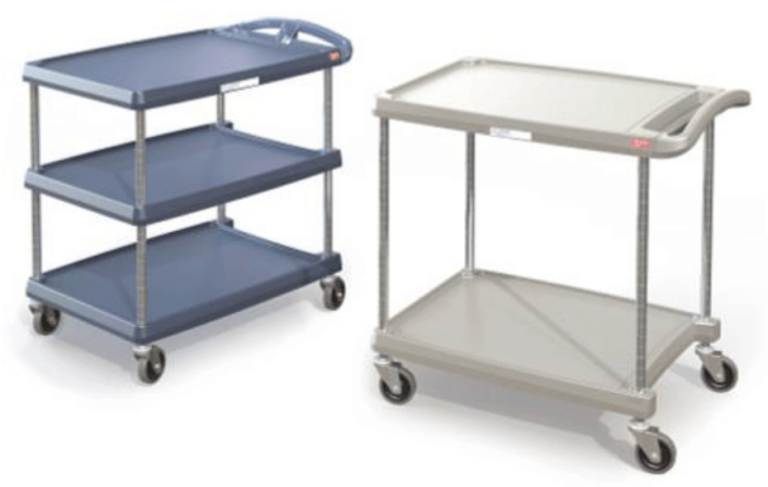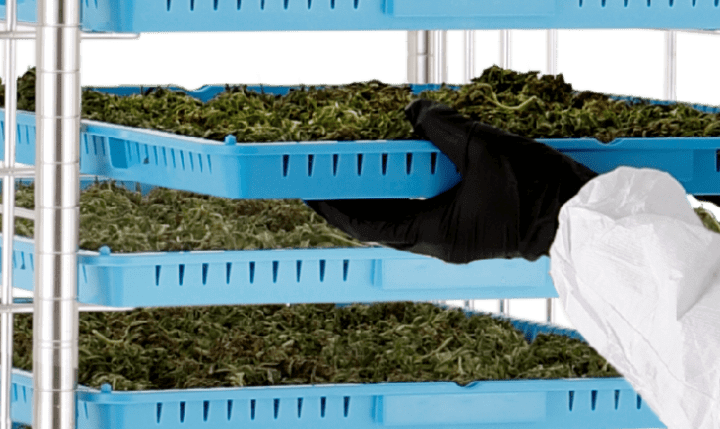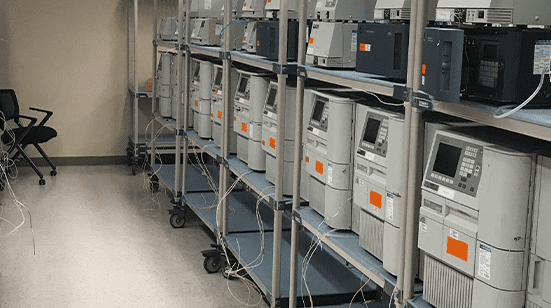
Optimizing budgets while reducing the risk of contamination is a concern shared by all professional laboratory and cleanroom facilities. Type 304 stainless steel is still the first choice for laboratories and cleanrooms to comply with Good Manufacturing Practice (GMP) regulations and avoid contamination.
The chemical composition of Type 304 stainless steel is 18% chromium and 8% nickel, with up to 0.07% carbon - the percentage is limited because otherwise the steel could become brittle and less resistant - as well as manganese, iron and various other elements. Chromium makes the steel stainless and nickel gives the steel resistance to acid. This particular combination of metals allows the stainless steel to be both corrosion resistant and easy to shape. Because of these properties, 304 stainless steel is very popular and accounts for over half of the world's stainless steel production. From corrosive cleaning agents to autoclaves, Type 304 stainless steel maintains its stability during daily laboratory and cleanroom processes.
The material's smooth surface also makes cleaning easier, as there are no pores or crevices for dirt and bacteria to settle. Coupled with the ability to withstand repeated sterilization processes, Type 304 stainless steel can withstand a wide range of temperatures and pH levels. 304 stainless steel can maintain its structural integrity up to temperatures of 870 °C and chloride levels up to 200 mg/L. This corrosion resistance conditions the durability of the material without the risk of rust and secondary debris that cause oxidation processes. Rusted elements are against GMP regulations and increase the occurrence of production failures and malfunctions.
Type 304 stainless steel's optimum price/performance ratio and proven properties make it ideal for use in particle-controlled environments and in areas with increased hygienic requirements. From corrosive cleaning agents to autoclaves, Type 304 stainless steel maintains its stability during daily laboratory and cleanroom processes.


















